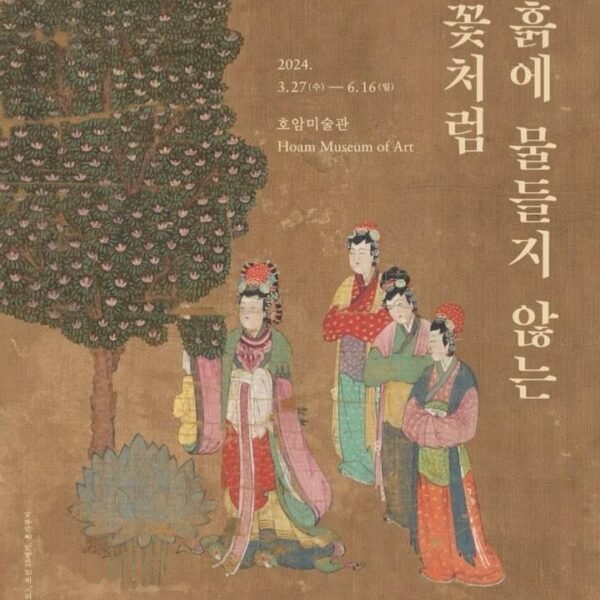Table of Contents
ToggleLearn Korean with Proverbs
Decoding the Essence of Korean Proverbs:
“꿩 먹고 알 먹고”, “마당 쓸고 돈도 줍고”, “뽕도 따고 임도 보고”, “도랑치고 가재 잡고”, “누이 좋고 매부 좋고”
Korean culture is rich with wisdom passed down through generations, encapsulated in timeless proverbs. In this exploration, we uncover the concealed significance behind five Korean proverbs that share similar meanings.: ‘꿩 먹고 알 먹고’ (Eating the pheasant and the egg), ‘마당 쓸고 돈도 줍고’ (Sweeping the yard, collecting money), and ‘임도 보고 뽕도 따고‘ (Seeing the lover and picking mulberries), ‘도랑치고 가재 잡고’ (Ditch and catch crayfish), ‘누이 좋고 매부 좋고’ (Good for my sister and good for my brother-in-law too).

‘꿩 먹고 알 먹고’: Eat the pheasant and eat the egg
The Korean expression “꿩먹고 알먹고” (literally translated as “Eat the pheasant and eat the egg”) is a proverb that metaphorically means to gain two or more benefits from a single action.
Getting two for one is a positive economic externality.
‘마당 쓸고 돈도 줍고’: Sweeping the yard, collecting money
‘임도 보고 뽕도 따고 ‘ : Seeing the lover and picking mulberries
‘도랑치고 가재 잡고’ : Ditch and catch crayfish
‘누이 좋고 매부 좋고’ : Good for my sister and good for my brother-in-law too
These five proverbs have similar meanings: gaining multiple benefits from a single action. These proverbs highlight the idea of reaping additional rewards while already benefiting from a particular situation or action.
These proverbs are included in Korean dictionaries and is commonly used in everyday language.
The English Equivalent: “Kill two birds with one stone”
In English, a similar proverb to the Korean “꿩 먹고 알 먹고” (“Eating a pheasant and its egg”) is “Kill two birds with one stone.” This English saying conveys the idea of accomplishing two tasks with a single action, emphasizing efficiency and the maximization of outcomes. Much like its Korean counterpart, “Kill two birds with one stone” encourages finding ways to achieve multiple objectives simultaneously, highlighting the value of resourcefulness and strategic thinking.











